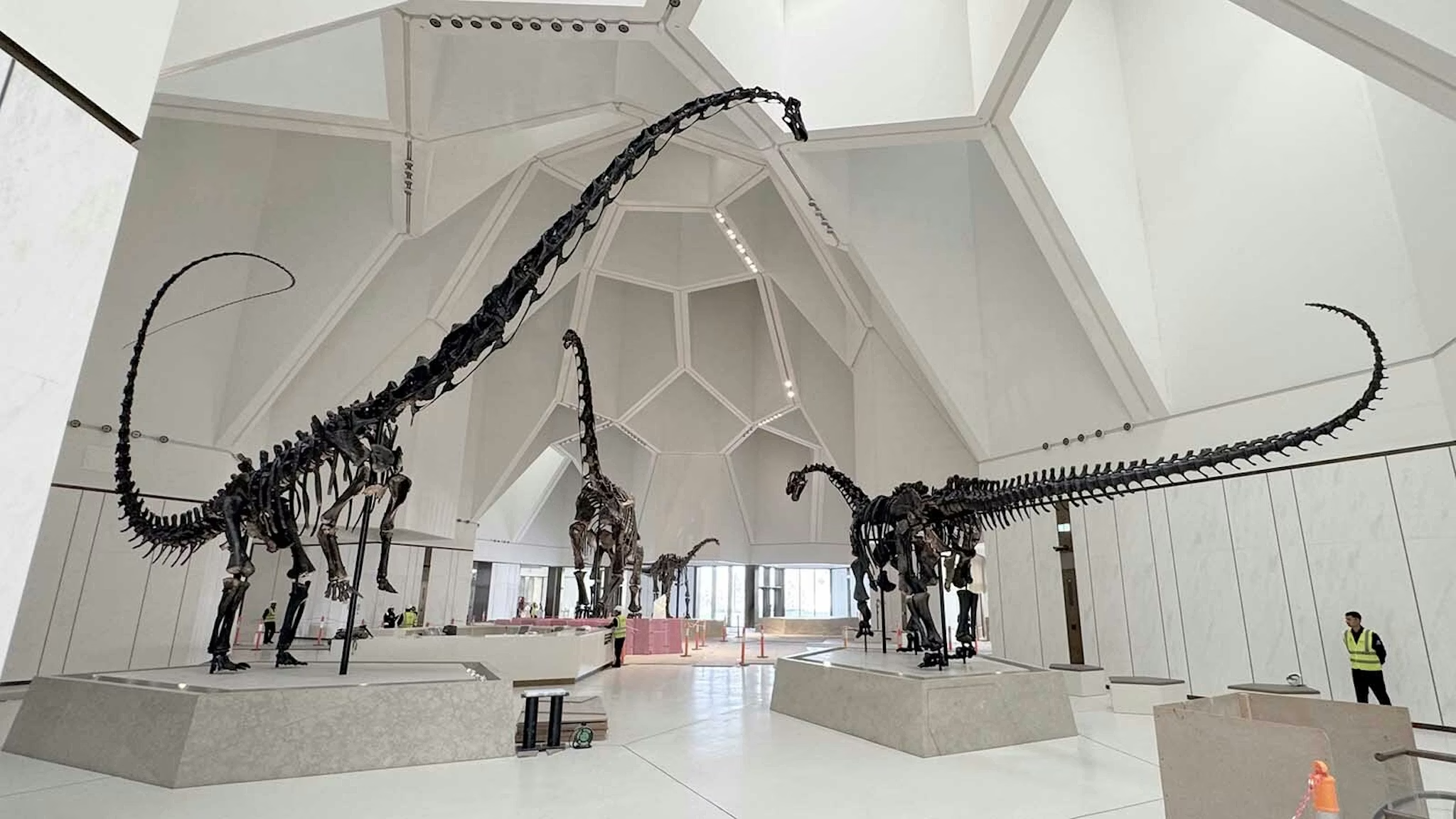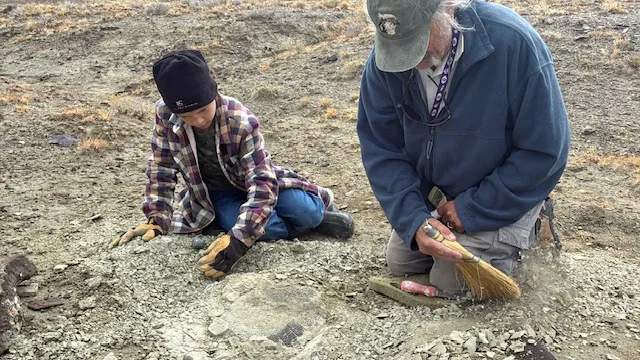Meta Platforms Inc., the parent company of Facebook, Instagram, and WhatsApp, is at the center of one of the most high-profile antitrust trials in decades.
The case, brought by the Federal Trade Commission (FTC), accuses Meta of using a “buy or bury” strategy to suppress competition and maintain dominance in the social media market.
At stake is not only Meta’s business model but also the structure of the social networking industry itself. If the FTC prevails, Meta could be forced to divest key assets such as Instagram and WhatsApp—two acquisitions that have become central to the company’s growth and advertising revenue.
Meta’s market valuation stands at approximately $1.3 trillion, and Instagram alone is expected to account for more than half of the company’s US ad revenue in 2025, according to research firm eMarketer. A potential divestiture could significantly disrupt Meta’s revenue stream and its ability to expand, especially among younger demographics who increasingly favor Instagram over Facebook.
“This is a landmark case,” said Rebecca Allensworth, an antitrust expert and associate dean at Vanderbilt University. “If the FTC wins, the most likely remedy will be a breakup. That would mean Meta could lose Instagram, WhatsApp, or both.”
Still, she noted, the outcome remains uncertain.
The trial has seen key testimony from Meta CEO Mark Zuckerberg, who acknowledged that Instagram posed a competitive threat when it was acquired in 2012. Internal communications presented in court included a 2008 email in which Zuckerberg wrote, “It is better to buy than compete,” a statement the FTC points to as evidence of anti-competitive intent.
Zuckerberg testified that Instagram was acquired partly because it had a better camera product than Facebook was building at the time. He also admitted that Meta had tried and often failed to launch new standalone apps, reinforcing the FTC’s argument that Meta relied on acquisitions to maintain its position.
The FTC’s case focuses on Meta’s dominance in platforms used to connect with friends and family—excluding broader content-sharing platforms like TikTok, YouTube, and Reddit. While Meta argues it faces significant competition from these services, the FTC maintains they are not direct substitutes for Facebook and Instagram.
Beyond advertising implications, WhatsApp represents another valuable asset for Meta. Though it doesn’t carry ads, the messaging app is crucial for business communications and provides valuable user data that can support Meta’s broader ad business.
Jasmine Enberg, a vice president at eMarketer, said Meta’s consolidation of social advertising is notable.
“Despite competition in user attention, the business side remains very concentrated. Meta is projected to control over 72% of US social ad spending in 2025,” she said.
Some industry observers, like UC Berkeley law professor Prasad Krishnamurthy, suggest that the impact of a potential breakup could reshape not just Meta’s structure but the broader digital communication landscape.
“This would be a significant shift in how people connect and communicate,” he said.
Despite the high stakes, some analysts believe a settlement is more likely than a forced breakup. Stephanie Link, chief investment strategist at Hightower Advisors, noted that Meta has made past concessions and continues to perform strongly, with projected 20% revenue growth and a 40% operating margin.
With input from Quartz, Reuters, and the Guardian.









The latest news in your social feeds
Subscribe to our social media platforms to stay tuned